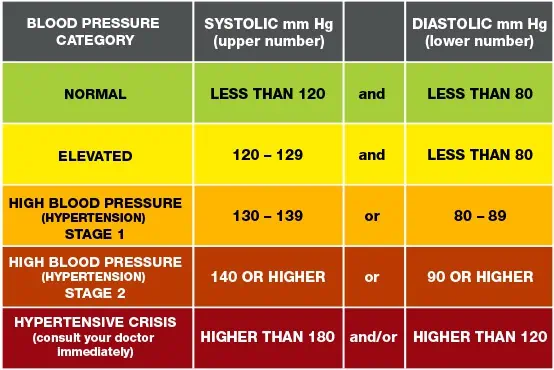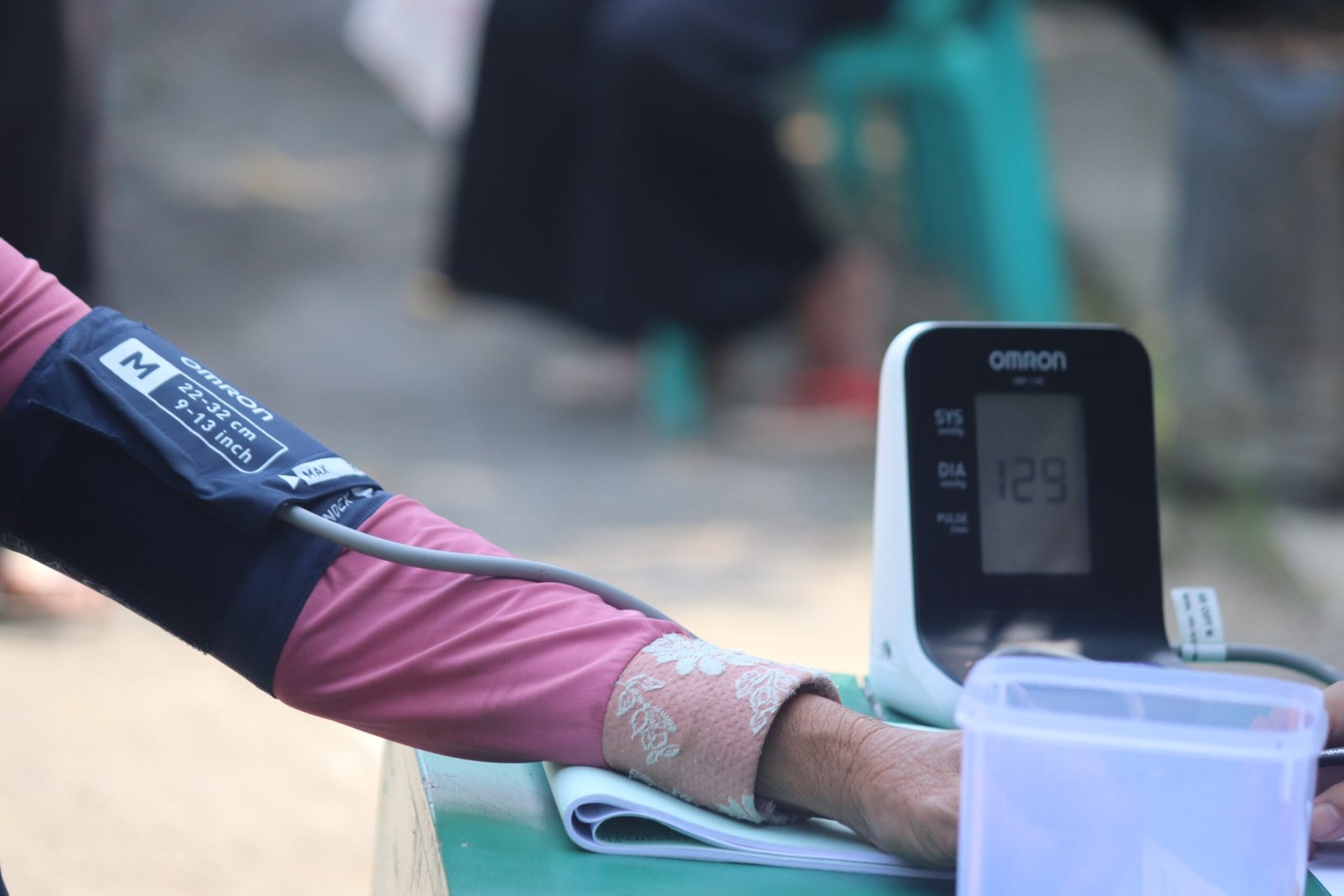Introduction
Welcome to our patient education blog post on essential hypertension. In this article, we will discuss the latest guidelines, lifestyle modifications, and medication categories for managing this common condition. Essential hypertension, also known as primary or idiopathic hypertension, is a chronic medical condition characterized by high blood pressure without an identifiable cause. Blood pressure control is a significant aspect of maintaining overall health. High blood pressure, or hypertension, can lead to severe health consequences, such as heart disease and stroke. Thus, it is essential to adhere to the latest guidelines to maintain optimal blood pressure levels. Let’s dive into the key aspects of managing essential hypertension.
Welcome to Our Patient Education Blog Post on Essential Hypertension
When it comes to managing essential hypertension, it is important to follow the latest guidelines recommended by Dr. Moqattash. These guidelines are regularly updated based on scientific research and clinical trials. Here are some key recommendations:
The Latest Guidelines:
The American Heart Association (AHA) and the American College of Cardiology (ACC) released the latest blood pressure guidelines in 2017. These guidelines classify blood pressure levels into five categories: Normal, Elevated, Stage 1 hypertension, Stage 2 hypertension, and Hypertensive crisis. Understanding these categories is vital to identify and manage blood pressure effectively.

When to Start Medication:
The latest guidelines also provide clear direction on when to start medication for high blood pressure:
- For people with Stage 1 hypertension who have already had a cardiovascular event such as a heart attack or stroke, or are at high risk of heart disease, blood pressure-lowering medication should be started immediately.
- Patients with Stage 1 hypertension who are at lower risk, lifestyle changes are recommended first, with medication considered if blood pressure doesn’t improve after six months.
- For individuals with Stage 2 hypertension, blood pressure medication should be initiated in addition to lifestyle changes.
Remember, these are general guidelines. Always consult with Dr. Moqattash for personalized treatment.
Lifestyle Modifications
Lifestyle modifications play a crucial role in managing essential hypertension. By adopting healthy habits, you can significantly lower your blood pressure and reduce the risk of complications. Here are some lifestyle modification tips:
- Healthy Diet: Follow the DASH (Dietary Approaches to Stop Hypertension) diet, which emphasizes fruits, vegetables, whole grains, and lean proteins. Limit your intake of sodium, saturated fats, and added sugars. CLICK HERE four our blog on the DASH diet
- Regular Exercise: Engage in moderate aerobic exercise, such as brisk walking or cycling, for at least 150 minutes per week. Incorporate strength training exercises twice a week.
- Weight Management: Maintain a healthy weight through a combination of a balanced diet and regular physical activity.
- Limit Alcohol Consumption: If you drink alcohol, do so in moderation. Men should limit their intake to two drinks per day, while women should limit it to one drink per day.
- Quit Smoking: Smoking can raise your blood pressure and damage your blood vessels. Seek support and resources to quit smoking.
- Stress Management: Practice stress-reduction techniques such as deep breathing exercises, meditation, or engaging in hobbies you enjoy.
Medication Categories
In some cases, lifestyle modifications alone may not be sufficient to control blood pressure. Dr. Moqattash may prescribe medications to help manage essential hypertension. Here are some common medication categories:
- Angiotensin-Converting Enzyme (ACE) Inhibitors: ACE inhibitors help relax and widen blood vessels, reducing blood pressure.
- Angiotensin II Receptor Blockers (ARBs): ARBs block the action of angiotensin II, a hormone that narrows blood vessels, thus lowering blood pressure.
- Diuretics: Diuretics help the body eliminate excess sodium and fluid, reducing blood volume and lowering blood pressure.
- Calcium Channel Blockers: Calcium channel blockers relax the muscles of blood vessels, allowing them to widen and lower blood pressure.
- Beta-Blockers: Beta-blockers reduce the heart rate and the force of the heart’s contractions, resulting in lower blood pressure.
It is important to note that medication choices may vary depending on individual patient factors. Dr. Moqattash will determine the most appropriate medication for your specific needs.
Conclusion
Essential hypertension is a common condition that can be effectively managed through a combination of lifestyle modifications and, if necessary, medication. By following the latest guidelines and making positive changes in your lifestyle, you can take control of your blood pressure and reduce the risk of complications. Remember to consult with Dr. Moqattash for personalized advice and guidance on managing essential hypertension. Stay proactive, stay healthy!
FAQs
- Q: Is essential hypertension preventable?
A: While not entirely preventable, adopting a healthy lifestyle significantly reduces the risk.
- Q: Are all medication categories suitable for everyone with hypertension?
A: No, the choice depends on individual factors, and Dr. Moqattash will determine the most appropriate one for you.
- Q: How quickly can lifestyle modifications show results in blood pressure control?
A: Positive changes in lifestyle can start showing results within a few weeks to months.
- Can stress alone cause essential hypertension?
A: While stress is a contributing factor, essential hypertension usually results from a combination of factors.
- Q: Is essential hypertension hereditary?
A: There is a genetic component, but lifestyle factors also play a significant role.
- What is considered normal blood pressure?
A: Normal blood pressure is less than 120/80 mmHg.
- What is the DASH diet?
A: The DASH (Dietary Approaches to Stop Hypertension) diet is a dietary plan that emphasizes fruits, vegetables, whole grains, and lean proteins. It is designed to lower high blood pressure and improve overall health.
- How much sodium should I consume per day?
A: It is recommended to limit your sodium intake to less than 1500 mg a day.
- How often should I check my blood pressure?
A: Regular monitoring is crucial. You should check your blood pressure either at home or in healthcare settings once daily in the morning when you wake up. Document all measurements in a log book. Bring logbook to every physician visit.
Please don’t forget to check out our blog page for great articles oFor more insightful articles and health tips, don’t forget to check out our other posts. CLICK HERE
References:
- Whelton PK, Carey RM, Aronow WS, et al. 2017 ACC/AHA/AAPA/ABC/ACPM/AGS/APhA/ASH/ASPC/NMA/PCNA Guideline for the Prevention, Detection, Evaluation, and Management of High Blood Pressure in Adults: A Report of the American College of Cardiology/American Heart Association Task Force on Clinical Practice Guidelines. Hypertension. 2018;71:e13–e115.
- American Heart Association. (2020). Understanding blood pressure readings. Retrieved from click here for website
- Mayo Clinic. (2020). 10 ways to control high blood pressure without medication. Retrieved from click here for website
- U.S. Department of Health and Human Services. (2020). DASH Eating Plan. Retrieved from click here for website

